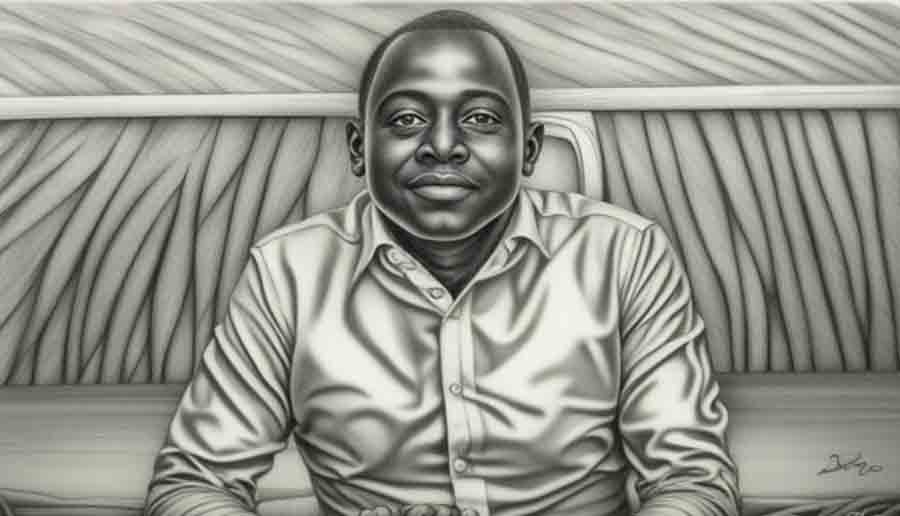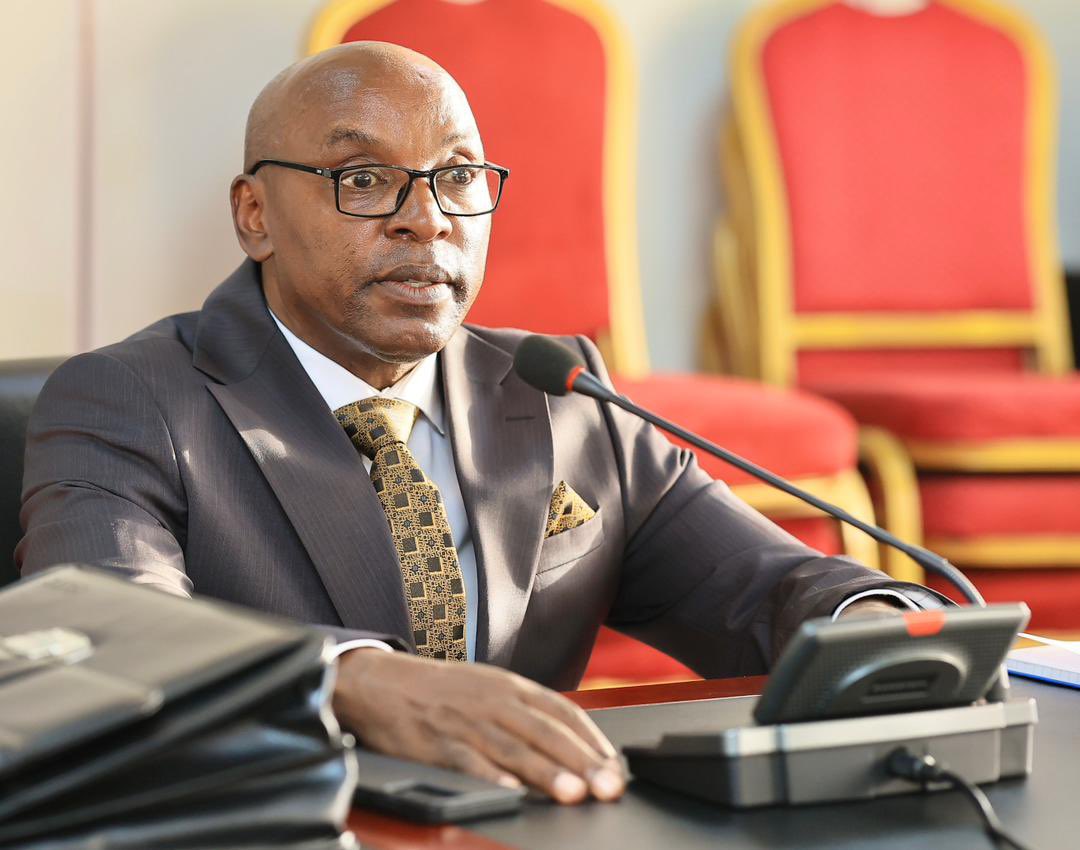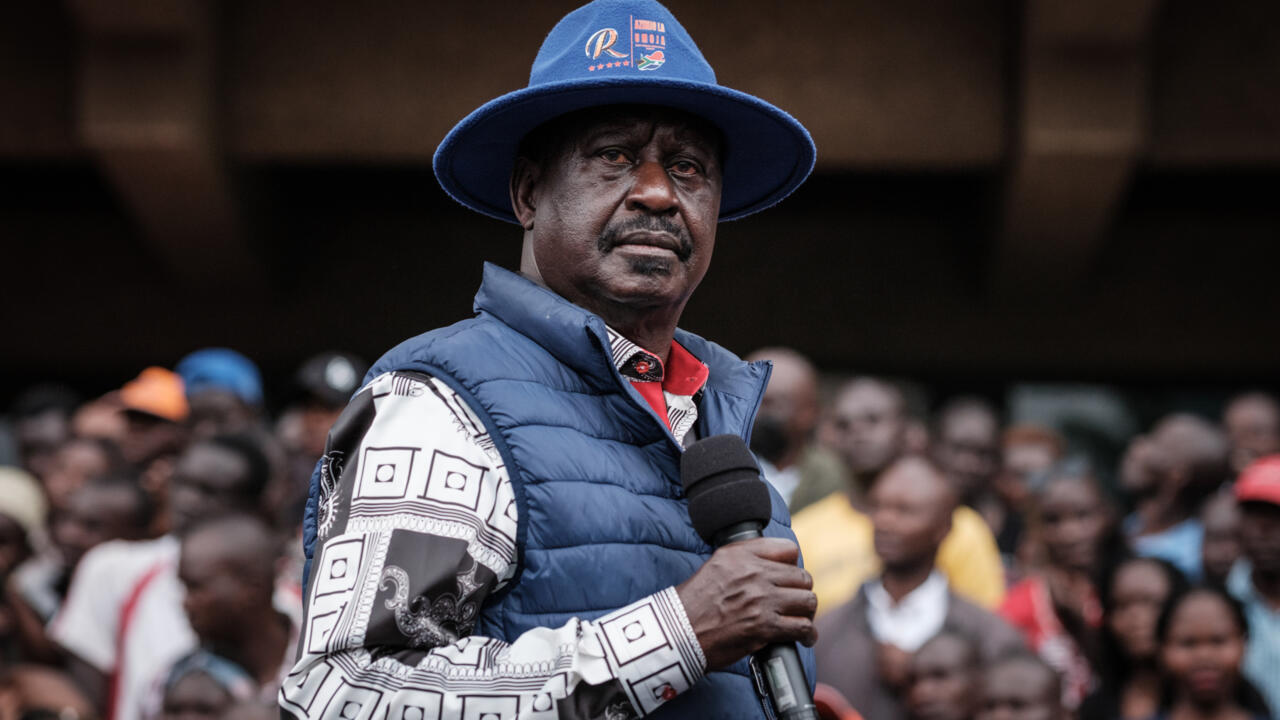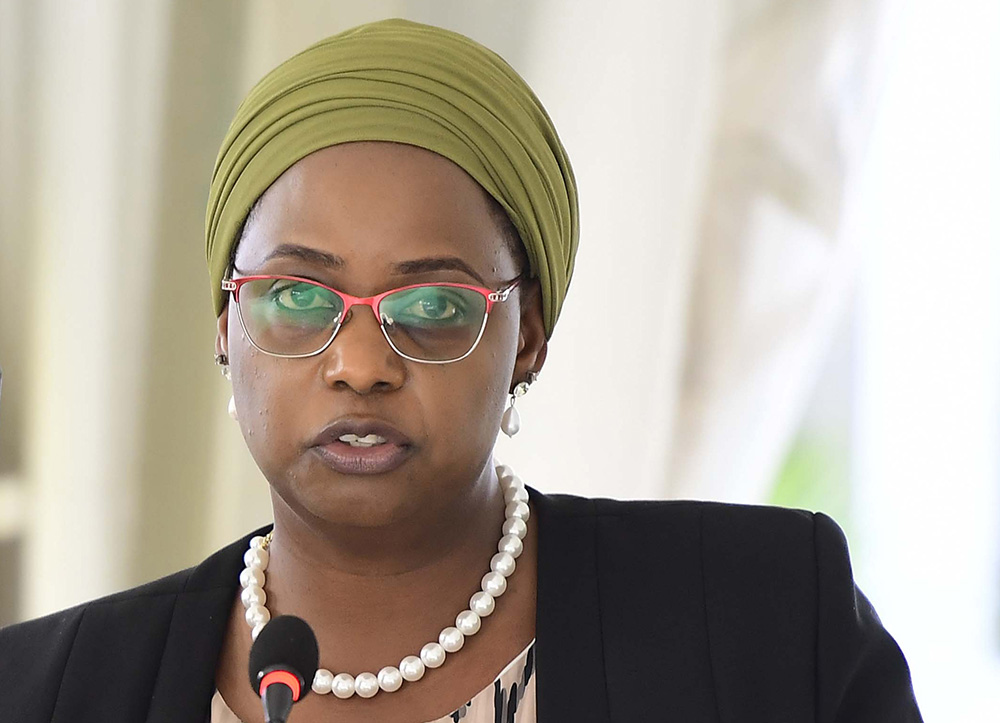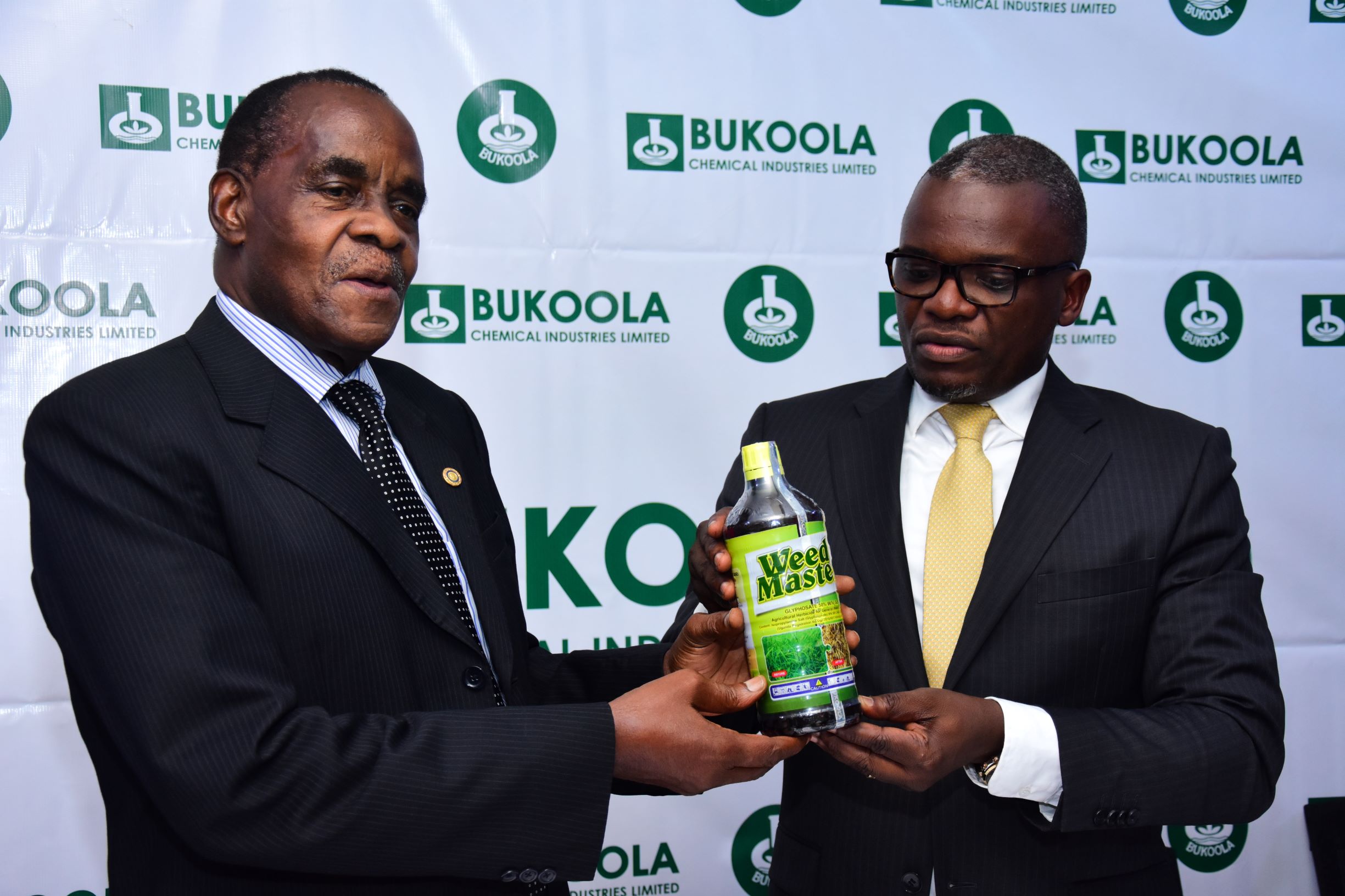In a city where boda boda riders and motorists dodge potholes like a clever hare evading a hunter’s trap, one name often sparks heated debates: Hamis Kiggundu.
Known simply as Ham, this youthful businessman has built a vast empire in real estate, agriculture, and more, rising faster than a matooke plant in fertile Buganda soil.
Yet, his success story is laced with controversies that raise eyebrows: from land grabs to legal battles and environmental mishaps. Some whisper that he is a front for powerful politicians, given his rapid rise.
Others point to his confident, sometimes arrogant demeanor as a sign that he has strong protectors.
Kiggundu was born with a silver spoon, and that much he has acknowledged. He is the son of Haruna Segawa (of Hannah Mixed), a prominent businessman.
His entrepreneurial spark was ignited in 2005, thanks to the seed capital from his parents. He started vending garments, furniture, and bags, sourcing from wholesalers and eventually importing directly from China, Thailand, Hong Kong, and Dubai. This laid the foundation for the Ham Group of Companies, which he leads as CEO, encompassing real estate giants like Ham Enterprises Ltd. At least this is how he has narrated his entrepreneurial journey.
By his mid-20s, Kiggundu had ventured into property development, completing Ham Towers in 2011—a multi-story complex opposite Makerere University’s main gate that houses shops and offices.
Later, his portfolio expanded to include Hamz Stadium, rebuilt from the old Nakivubo Stadium between 2017 and 2023, and Ham Palm Villas, a gated community with over 500 modern homes. He also launched Ham Agro-Bank to support farmers with loans for logistics and machinery.
Kiggundu has also positioned himself as a mentor and has authored books like “Success and Failure Based on Reason and Reality” (2018) and “Reason as the World Masterpiece” (2021).
Yet, Kiggundu’s path is dotted with scandals, starting with one of his earliest projects. Ham Towers, his flagship building, stands accused of encroaching on a road reserve opposite Makerere’s gate. Kampala Lord Mayor Erias Lukwago has repeatedly called it out, likening it to a thief building on stolen land.
In 2022, the Buganda Land Board (BLB) sought to cancel leases on parts of the property, claiming overlap with kingdom land, though the matter lingers unresolved. This set the tone for bigger battles.
The Nakivubo Stadium saga amplified the noise. In 2015, President Museveni directed Kiggundu to redevelop the dilapidated arena, but rivals claimed foul play. Initially, the contract went to Futureland Uganda Limited and Bestin Limited under a public-private partnership. But after a board reshuffle, including the appointment of Kiggundu’s brother-in-law, Ahmed Bogere Masembe, the deal shifted to Ham Enterprises.
Accusations flew: manipulation, arm-twisting, and evicting thousands of vendors from Park Yard market without proper authorization, defying court orders. Kiggundu denied influencing the Kampala Capital City Authority (KCCA), but lawsuits ensued, including attempts to jail him for demolitions.
The stadium reopened as Hamz Stadium in 2023, but the rebranding irked many, who saw it as erasing history.
Financial woes hit in the DTB loan case, a multi-billion shilling dispute that dragged through courts for years. Between 2011 and 2016, Kiggundu borrowed over Shs 120 billion from Diamond Trust Bank Uganda (DTB-U) and DTB Kenya (DTB-K), secured by properties and guarantees.
When he defaulted, banks deducted funds, prompting his 2020 lawsuit alleging illegal deductions and unlicensed lending by DTB-K. The High Court ruled in his favor, declaring the loans void and ordering refunds plus mortgage releases. But the Court of Appeal overturned this, and in June 2023, the Supreme Court deemed the syndicated loan legal, as DTB-K wasn’t a deposit-taking institution in Uganda, remitting the case for retrial on facts.
Land disputes escalated with the Kigo saga, pitting Kiggundu against the Buganda Kingdom (Mengo). In 2022, BLB accused him of grabbing 140 acres of Kabaka’s land, registered since 1919, alleging fraudulent titles bought cheaply in 2018. Kiggundu countered that it was public land under Wakiso District, with no overlap per his survey, and accused BLB officials of a cartel selling kingdom land to foreigners.
Tensions peaked with mutual insults and conflicting surveys. He initially vowed to fight but later abandoned claims to avoid confronting the Kabaka, respecting cultural ties. The ministry of Lands ordered a boundary opening, but the row persists.
Environmental controversies followed. Last year, Kiggundu’s construction on the Jugula Channel in St. Balikuddembe (Owino) Market caused severe flooding after heavy rains, destroying vendors’ goods. Traders blamed Ham Enterprises for blocking the drainage channel, leading to public outrage.
KCCA halted the works, citing expired permits and violations of planning laws, ordering restoration within seven days. Kiggundu denied causing floods, promising collaboration with KCCA to improve drainage. He prevailed.
The latest storm is over the Nakivubo Channel redevelopment. Already, the businessman has released plans and barricaded the channel with iron sheets even as Lukwago claims that its redevelopment has not been transparently approved.
As the scandal unfolds, Kiggundu has remained quiet. However, scores of his ‘foot soldiers’ on his payroll have taken over social media platforms to defend his interests.
Kiggundu often speaks haltingly with a stammer. He attributes his setbacks to envy and negativity, much like a lone mango tree bearing fruit amid jealous weeds. He denies being a front for anyone, crediting “reason” and “hard work” in his books.
Yet, controversy and chaos seem to fuel his visibility. Some say he is the personification of the word “scandal.”



